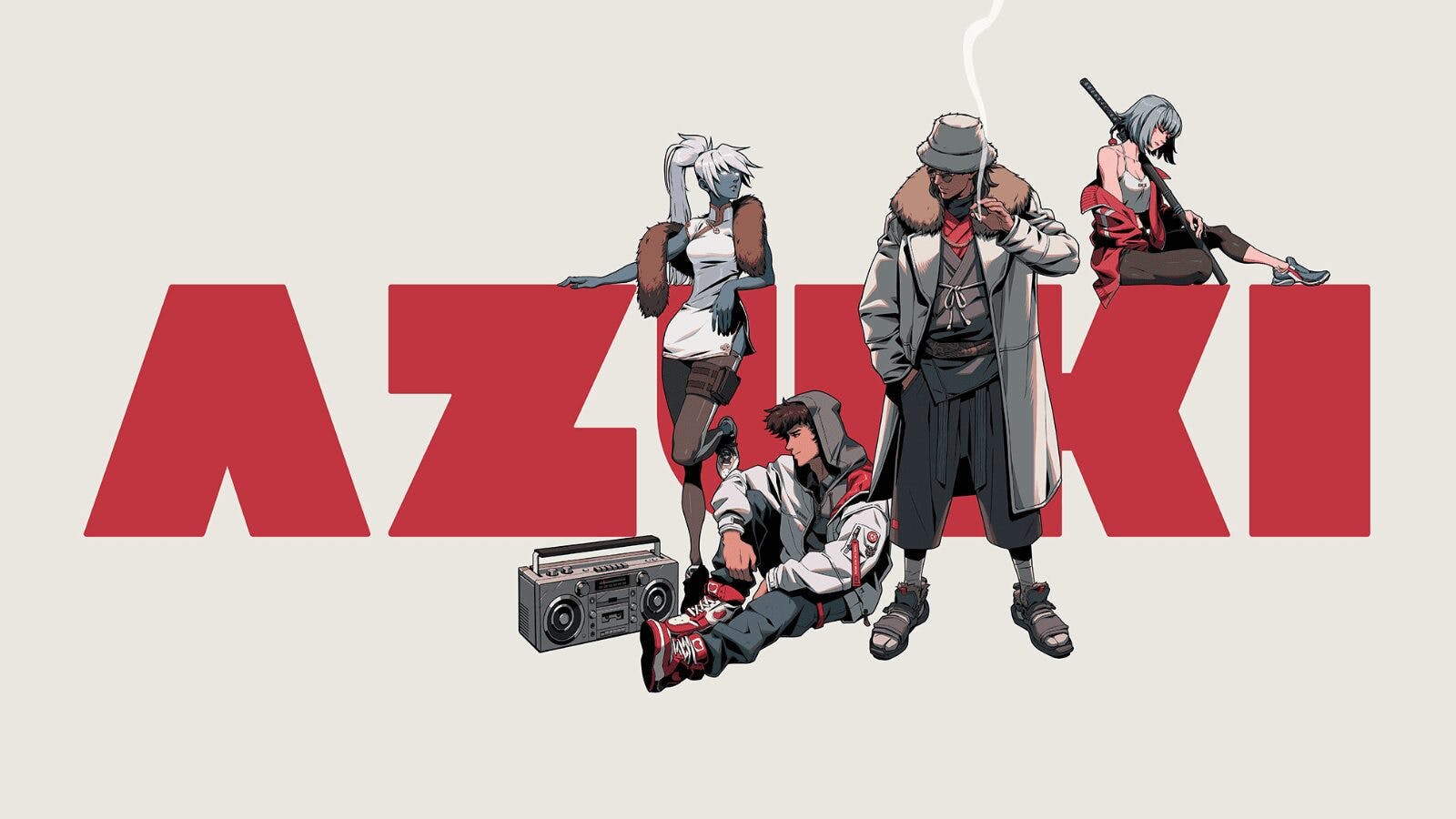Azuki NFTs Set Record for Most Expensive Skateboards in History
The Azuki community forked out $2.5 million in ether for exclusive NFTs representing gold-plated skateboards

Source: Azuki
- The most expensive NFT in the collection went for 309 ETH, or $404,000
- This is Azuki’s first implementation of the “physical backed token” standard
NFT issuer Azuki has set the record for the most expensive skateboard sales in history — both digital and physical.
Nine “Golden Skateboard” NFTs make up the most recent Azuki collection, with all but one sold under auction on Saturday, fetching $2.5 million in total.
One collector known as dingaling.eth dished out the 309 ether (ETH), or $404,000, in the Azuki Golden Skateboard NFT auction on Saturday. He bid seven times to win the dragon emblem token, now the most expensive in the set.
Seven other winners also bought into Azuki’s latest series.
Each skateboard is adorned with a unique emblem that has significance in Azuki lore, allowing holders a permanent role in the Azuki story — “cementing yourself as a part of Azuki mythology,” according to the company.
The “frog emblem” Golden Skateboard NFT garnered the lowest bid, worth 200 ETH ($270,000). The remaining six NFTs fetched between 202 ETH and 303 ETH.
Ethereum-hosted Azuki NFTs have quickly risen to blue-chip status and are known for their anime-style avatars. The overarching vision is to create a “decentralized anime universe combining the physical & digital,” Azuki tweeted.
Azuki Skateboard NFTs can be redeemed for the real thing
The cheapest of Azuki’s original 10,000 generative art NFTs is currently 11.49 ETH ($15,300) with a market capitalization of 114,900 ETH ($153 million), per NFT Floor Price, about 85% lower than the most valuable NFT collection, Bored Ape Yacht Club.
Azuki’s digital golden skateboards can be redeemed for physical skateboards plated with 24-karat gold, but the holder would have to burn the NFT.
The physical skateboard element translated into a much higher floor price for the skateboard NFTs but a smaller market capitalization than the original collection, which makes sense as the new iteration is more exclusive.
The NFTs are considered physical backed tokens (PBT) — a standard that links the ownership of physical assets to their digital versions on Ethereum. This is different from a phygital offering that usually separates the physical and digital items after minting.
In this case, Azuki has embedded each skateboard with a PBT-based BEAN chip, a cryptographic chip that connects the physical item to its digital token. This enables owners of the physical asset to unlock digital benefits and experiences.
Some of the benefits include a dragon banner display and a dragon emblem added to each collector’s profile on Azuki’s website. Auction winners will be able to claim their physical golden skateboards in November, according to the company.
This activity has placed the Azuki collection in third place on the OpenSea leaderboard in terms of sales volume over the past seven days.
Azuki’s skateboard sales surpass what was once considered the most expensive skateboard ever sold — a $38,425 board with hand-written lyrics from Bob Dylan’s hit song, “Blowin’ In The Wind” and signed by professional skateboarder Jamie Thomas in 2012.
However, Azuki boards are not the first gold-plated ones to hit the market. In 2014, a father-and-son duo from the metals plating firm Epner Technology sought to sell their version of a golden skateboard for $15,000, although it’s not clear if it attracted any buyers.
“Please consult your doctor before trying to ride a 45 lb skateboard,” Azuki tweeted.
Get the news in your inbox. Explore Blockworks newsletters:
- The Breakdown: Decoding crypto and the markets. Daily.
- 0xResearch: Alpha in your inbox. Think like an analyst.






